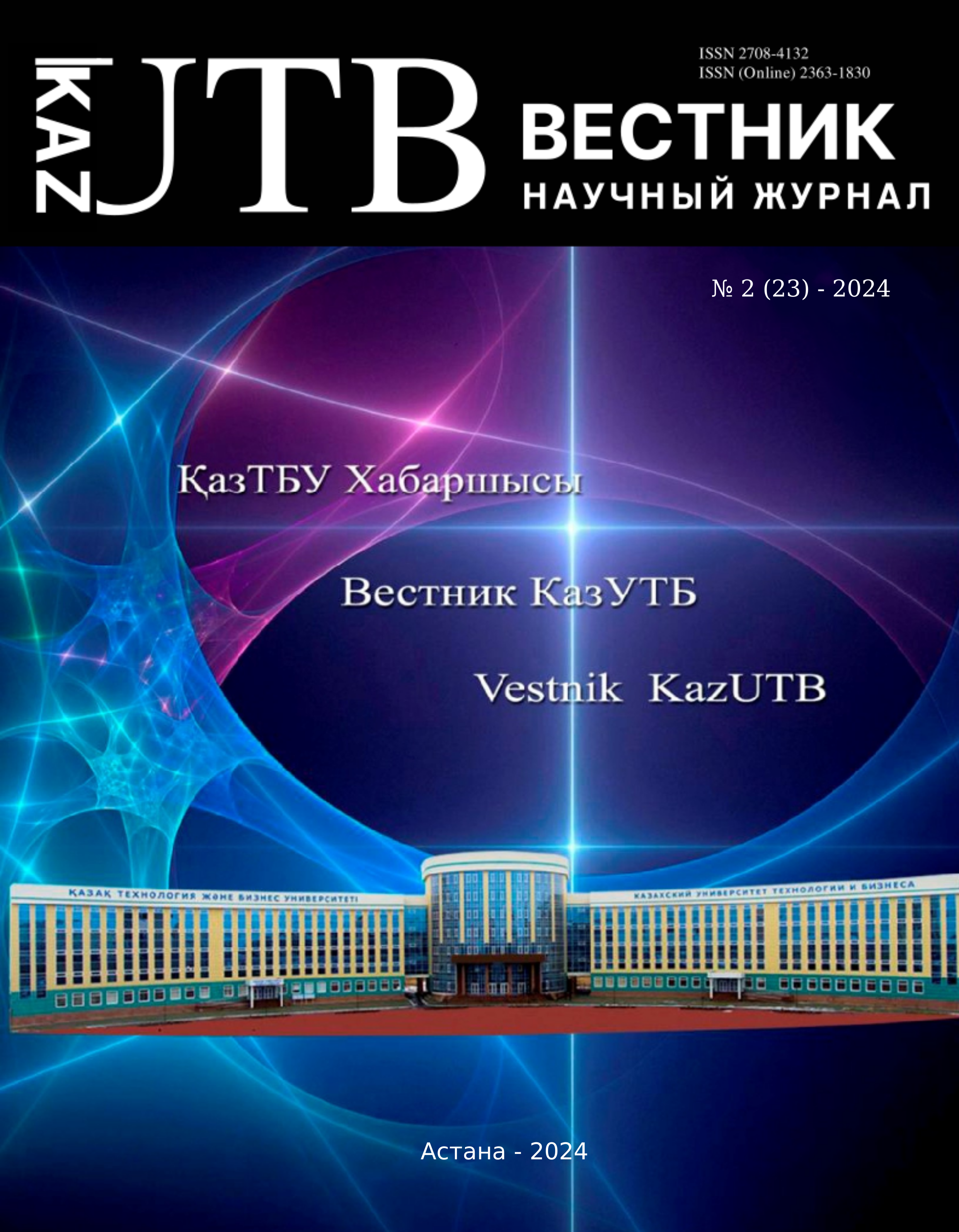Меню


Ақпараттық-коммуникациялық және химиялық технология
№ 2 (23) - 2024 / 2024-06-30 / Көрілім саны: 130
КОНТЕЙНЕРЛІК ҚОСЫМШАЛАРДЫ МАШИНАЛЫҚ ОҚЫТУ АРҚЫЛЫ ЖҮЗЕГЕ АСЫРУ: ШОЛУ ЖӘНЕ ТАЛДАУ
Авторлар
Кілтті сөздер
контейнерлік технологиялар, контейнерлерді оркестрлеу, машиналық оқыту, бұлтты есептеулер, ресурстарды ұсыну
DOI сілтемесі:
Қалай дәйексөз келтіруге болады
Аңдатпа
Жүйелердің динамикалық дамуы мен күрделілігінің артуына байланысты бұлтты есептеулерде қызметтерді басқарудың жаңа әдістерін үнемі іздестіріп отыру қажет. Сәйкесінше контейнерлік технологиялар қолданбаларды оңай орналастыруға, бұлттық провайдер ресурстарын басқаруға және үлестіруге көмектеседі, осылайша оларды масштабтайды, деректердің тасымалдануын қамтамасыз етеді және қосымшалар мен олардың тәуелділіктерін оқшаулайды. Дегенмен, инфрақұрылым мен деректердің күрделене түсуіне байланысты қызметтердің үздіксіз жұмысын қамтамасыз ету, ресурстарды оңтайландыру, жүктемені теңестіру және жүйе өнімділігі сияқты жаңа міндеттер туындайды. Контейнерлік қосымшаларды орналастыру және басқару контекстінде туындайтын көптеген мәселелерді шешу үшін машиналық оқытуды пайдалану қажет болады. Контейнерлеу технологиясы мен машиналық оқытудың интеграциясы өзгермелі жағдайларға бейімделуге, ресурстарды пайдалануды оңтайландыруға және жүйенің үздіксіз жұмысын қамтамасыз етуге мүмкіндік береді. Мақалада танымал машиналық оқыту әдістеріне шолу және оларды контейнерлік технологиялар контекстінде пайдалану, машиналық оқыту және олардың эволюциясы негізінде контейнерлік оркестрлеудің анықтамалық архитектурасы ұсынылған, сонымен қатар Kubernetes, Docker, Prefect, Nomad, Red Hat OpenShift Service on AWS, Amazon Elastic Container Service (ECS), Google Kubernetes Engine, Azure Kubernetes Service сияқты контейнерлер мен оркестраторлар зерттелген. Машиналық оқыту әдістерін ресурстарды тұтынуды болжау, сұранысқа бейімделу, контейнерлік кластерлерді басқару уақытын болжау және тарихи деректер негізінде жұмыс жүктемесінің әрекетін талдау үшін пайдалануға болады.



